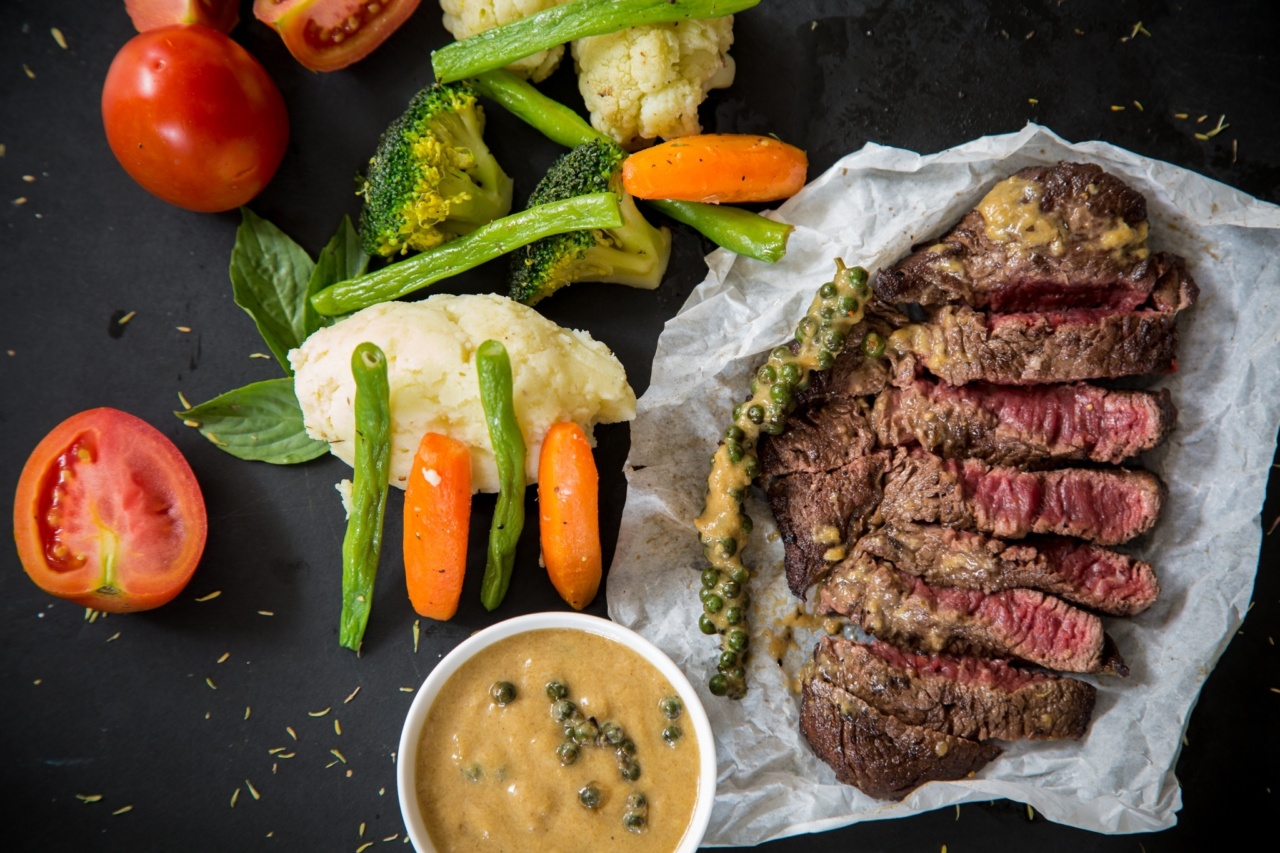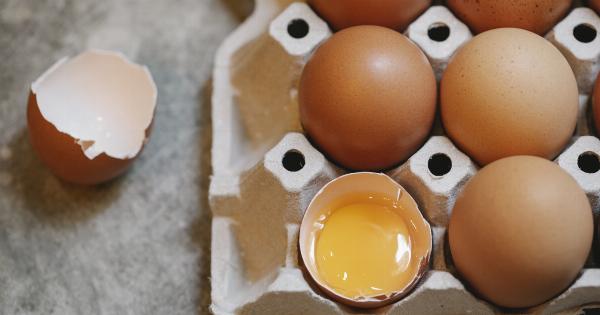Protein is an essential nutrient that our body needs to function properly. It is responsible for building and repairing tissues, making enzymes and hormones, and supporting the immune system.
While meat is often considered the go-to source of protein, there are many non-meat protein sources that are just as effective in providing our bodies with the amino acids they need.
1. Legumes
Legumes such as lentils, beans, and chickpeas are an excellent source of protein. They are low in fat and high in fiber, making them a perfect choice for those looking to maintain a healthy weight.
A cup of cooked lentils, for example, contains about 18 grams of protein, which is equivalent to the amount of protein in a chicken breast. Legumes also offer a variety of essential vitamins and minerals, including iron, potassium, and folate.
2. Quinoa
Quinoa is a grain that has gained popularity in recent years. It is a complete protein source, meaning it contains all nine essential amino acids that our body cannot produce on its own.
A cup of cooked quinoa contains around 8 grams of protein, making it an excellent choice for vegetarians and vegans. It is also a good source of fiber, magnesium, and iron.
3. Nuts and Seeds
Nuts and seeds are a great source of healthy fats, fiber, and protein. They are also packed with essential vitamins and minerals, including vitamin E, magnesium, and zinc.
Almonds, for example, contain about 6 grams of protein per ounce, while pumpkin seeds contain about 5 grams of protein per ounce. They make a great snack and can be added to salads and smoothies for an extra boost of protein.
4. Tofu and Soy Products
Tofu and other soy products are a good source of protein for vegetarians and vegans. A half a cup of tofu contains about 10 grams of protein, and soy milk contains around 7 grams of protein per cup.
Soy products also contain isoflavones, which have been shown to have health benefits such as reducing the risk of cardiovascular disease and certain types of cancer.
5. Greek Yogurt
Greek yogurt is a popular choice for those looking to add more protein to their diet. It contains around 20 grams of protein per cup, which is double the amount of protein found in regular yogurt.
Greek yogurt is also high in calcium, which is important for maintaining strong bones and teeth. It makes a great snack or can be used as a healthy substitute for sour cream in recipes.
Conclusion
There are many non-meat protein sources that are just as effective in providing our bodies with the amino acids they need.
Legumes, quinoa, nuts and seeds, tofu and soy products, and Greek yogurt are all excellent sources of protein that offer a variety of essential vitamins and minerals. Incorporating these protein sources into your diet can help you maintain a healthy weight, support your immune system, and promote overall health and wellness.






























